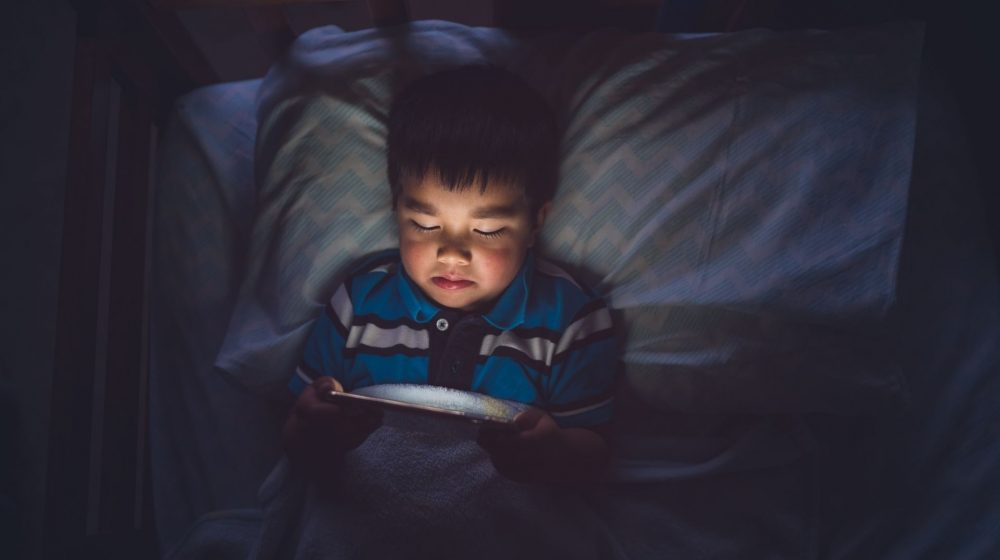Published on July 30, 2021
How much screen time is too much screen time? This often-asked question can be an incredibly sensitive subject for many households, with parents often feeling judged when discussing their child’s screen time allowance.

Parents in 2021 have a difficult job. They are raising the ‘screen generation’ – a term coined for children born from 2011 onwards. As “digital natives”, these children consume the highest amount of screen time than any other generation before them.
How do parents determine what is “too much” screen time, particularly when their children have never known life without a screen? Importantly, how can parents feel confident and empowered raising kids in the digital era?
Screen time recommendations
While the Department of Health recommendation is that children aged 5-17 should limit screen time to two hours per day, most parents of high school students are snickering at the notion of their child completing their online school tasks in only two hours.
If you feel conflicted about the amount of time your child spends online, the following tips may prove helpful.
Consider how instead of how much
Many research studies have established the negative impacts of too much screen time, but we also need to consider the positive aspects of screen use by assessing how children use their screens. Are they being collaborative, creative or communicative, or are they consuming?
The science of Positive Education suggests that when humans are healthfully and passionately engaged in a singular topic, the mind enters a state of ‘flow’. Time spent in flow stimulates emotional regulation, development and complexity. While children are online, parents can model and encourage collaborative, creative, and communicative activities rather than those that promote consumption.
Screen time vs. green time
While screen time can be positive, children’s psychological and physical benefits of adequate time outdoors far exceed any potential gains from screen time.
Parents should continue to encourage and support screen breaks and outdoor activity, particularly if children’s screen time negatively impacts the amount of time they could be spending being active outdoors.
Remember, balance is key.

Modelling healthy screen-time habits
Children reflect and mirror the behaviour and attitudes of their parents and other adults. As parents, can we reflect on our own screen time?
Are we modelling to our children that taking screen breaks is part of a balanced lifestyle, and can we increase our own green time? As parents, how are we using our own devices? Are we creating, collaborating, communicating, or are we consuming? These are important questions to consider because changes in our own screen time can positively impact children’s screen time, too.
Be kind
Like raising children, there is no ‘one-size-fits-all’ guidebook on parenting in the digital age. Each family will have their own set of circumstances and opinions on screen time allowance. Managing screen time can be challenging, so be kind to yourself and to others.

